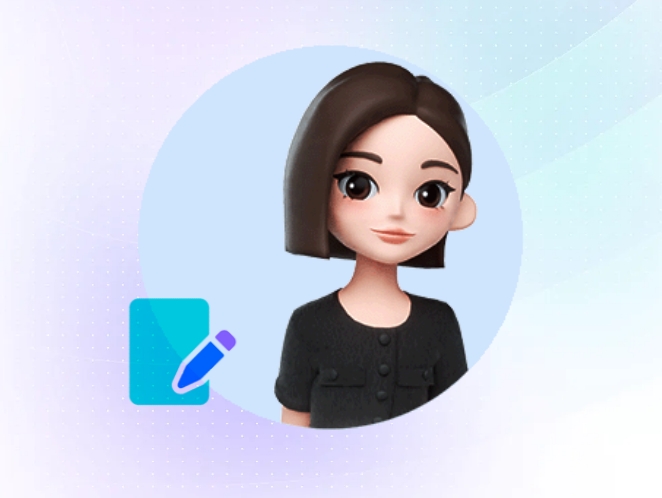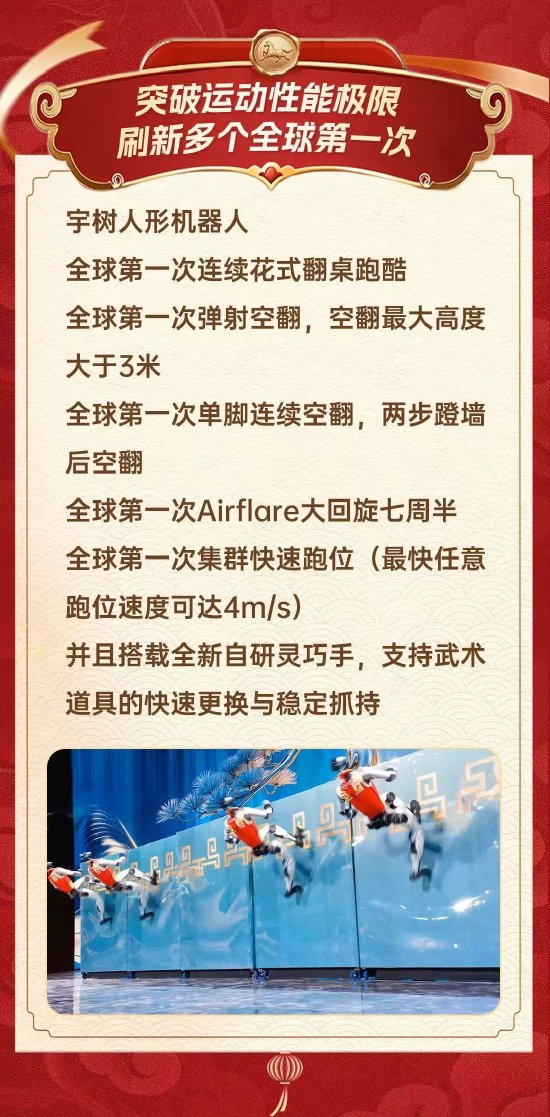Recently, the copyright dispute between music publishers and the AI company Anthropic has reached a significant resolution. According to the latest agreement, Anthropic will take measures to ensure that its AI chatbot, Claude, does not infringe on copyrights when providing lyrics. This move offers a short-term solution to the ongoing litigation, indicating some compromise from both parties on this complex issue.

The dispute arose from lawsuits filed by several music publishers, who accused Anthropic of using the lyrics of over 500 songs without authorization as data to train its AI system. These songs include works by popular artists such as Katy Perry, The Rolling Stones, and Beyoncé. The music publishers argue that Anthropic's actions not only constitute infringement but also undermine the existing market, as the use of these lyrics could impact legitimate lyric aggregation websites and other licensed commercial activities.
In the agreement, U.S. District Judge Eumi Lee signed a provision requiring Anthropic to maintain existing "guardrails" designed to prevent Claude from providing copyrighted lyrics or creating new works based on those lyrics. Anthropic stated in a declaration that its AI system is not designed to infringe on copyrights and has implemented various measures to prevent such occurrences. The company hopes that through this agreement, it can demonstrate that using potentially copyrighted material for generative AI model training aligns with the principles of "fair use" under existing copyright law.
Another key point of the agreement is that music publishers can notify Anthropic and request an investigation if they find that the guardrails are not functioning effectively. This indicates that both parties will maintain communication throughout the collaboration to ensure that copyrights are not violated.
Despite the agreement, the court will still rule in the coming months on whether to issue a preliminary injunction against Anthropic, which will affect its ability to continue using copyrighted lyrics for training in the future.
This event has sparked public reflection on the balance between AI technology and intellectual property protection. Finding the right boundaries between technological innovation and copyright protection remains a topic of significant interest.









